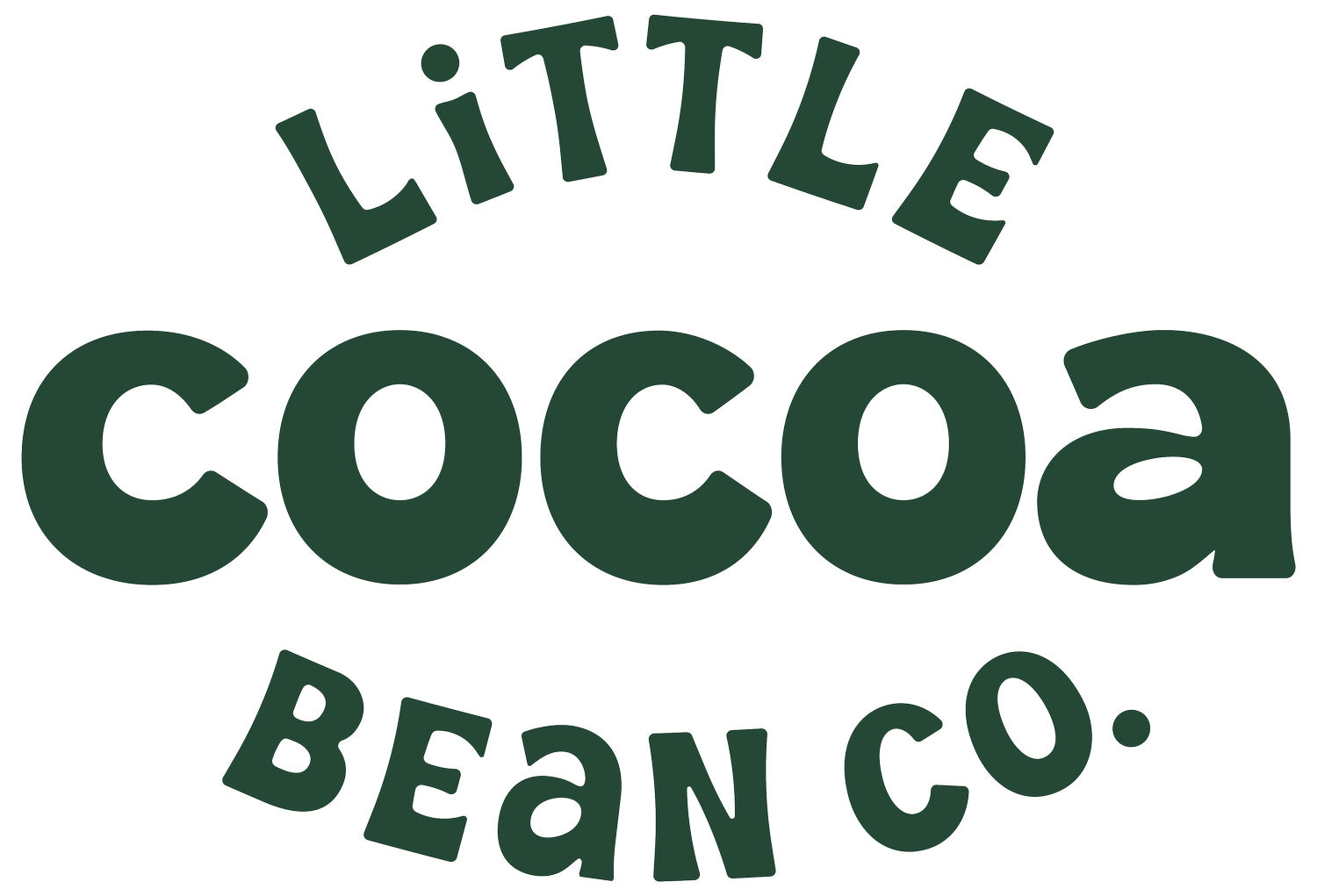6 Ways To Build Your Baby’s Microbiome Through Diet
This article, like many others found on our site, was created in partnership with our nutritionist. The information presented is based on research and practice. Ultimately whatever diet and health-related decisions you make for your baby should be done after consulting with your baby’s pediatrician.
Our understanding of how and when we should transition our babies to solids is still evolving. What is clear is that early childhood nutrition plays an important role in the development of health and disease later in life. Consider these six ways to enhance a baby food diet to support digestive and immune function for a solid start.
1. Start with fruits and vegetables like banana and pumpkin. Fruits and vegetables provide fiber, which helps those microbes grow healthy and colonize.
2. Offer your baby fermented vegetables like fermented carrots and cucumbers to introduce more beneficial bacteria. You can give these to your baby to suck on after 7 months of age, once hydrochloric acid levels in the stomach stabilize.
3. Kefir, a fermented dairy product, can be introduced once your child is ready for dairy, around 7-9 months. This will provide even more beneficial bacteria and yeast. Keep in mind that fermented dairy is easier to digest than milk so it may be started earlier than whole milk, which may be better introduced around 12 months.
4. Broth made by simmering animal meat/bones offers an easy-to-digest form of protein, essential minerals, gelatin, and the amino acids glycine and glutamine. These nourish the digestive lining so that the gut flora has a healthy place to colonize. Broth can be offered as early as 5 months as it is very easy to digest.
5. A good quality probiotic supplement for babies can be helpful, particularly if birth was via caesarean, you are using formula, you used antibiotics during birth, or you have a history of family immune, neurological, or gastrointestinal-related illness. Probiotics have been shown to be a safe and effective way to reduce the risk of allergy and asthma by up to 54%.
6. Use coconut oil and coconut milk. This healthy tropical oil contains fatty acids which help nourish the digestive lining, keep pathogenic microbes at bay and support immune cell functioning. Melt it and mix it into purees, soups and smoothies, and use it to sauté fun finger foods when they’re older.

